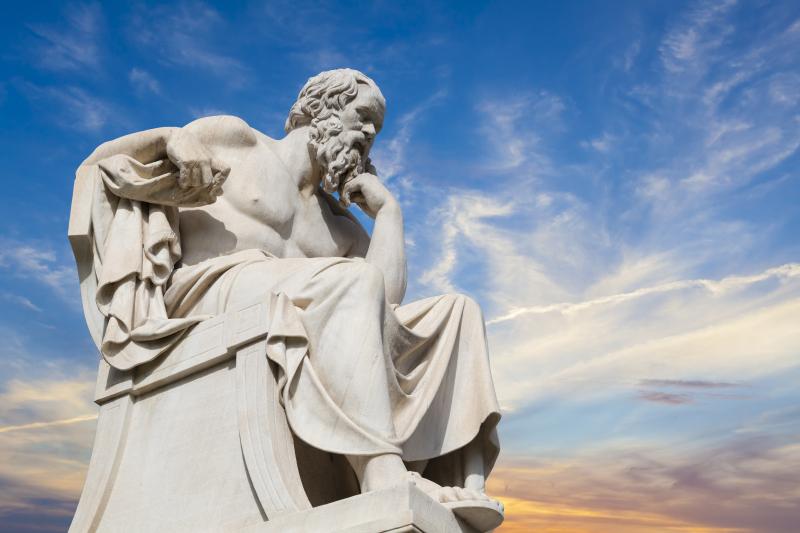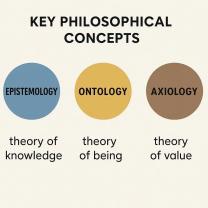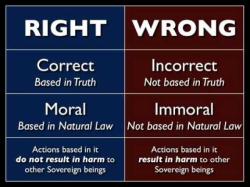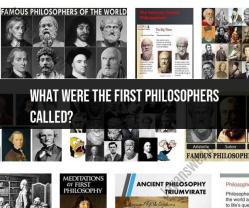Do you know any ancient African philosophers?
Yes, Africa has a rich history of philosophical thought, and there were ancient African philosophers who made significant contributions to intellectual discourse. It's important to note that African philosophy is diverse, with different philosophical traditions emerging from various regions and cultures across the continent. Here are a few examples of ancient African philosophers:
Imhotep (circa 27th century BCE):
- Imhotep was an ancient Egyptian polymath who served as an advisor to Pharaoh Djoser. While primarily known as an architect, physician, and high priest, Imhotep's teachings encompassed ethical and philosophical principles. He is often considered one of the earliest intellectuals in recorded history.
Ptahhotep (circa 25th century BCE):
- Ptahhotep was an ancient Egyptian vizier and philosopher during the Fifth Dynasty. He is best known for his instructional text known as "The Maxims of Ptahhotep," a collection of ethical teachings and advice on how to live a virtuous life.
Anaximander (610–546 BCE):
- While not born in Africa, Anaximander is included here because he spent time in ancient Egypt and is believed to have been influenced by Egyptian thought. Anaximander was a pre-Socratic philosopher from Miletus (in present-day Turkey) and is known for his contributions to early Greek philosophy.
Thales of Miletus (c. 624–546 BCE):
- Like Anaximander, Thales was not originally from Africa but is included due to his interactions with ancient Egyptian culture. Thales is considered one of the Seven Sages of Greece and made philosophical inquiries into the nature of the cosmos and the fundamental substance of existence.
Chukwuemeka Ike (1931–2020):
- While not an ancient philosopher, Chukwuemeka Ike was a Nigerian author and academic who wrote extensively on Igbo philosophy and culture. His works, such as "Toads for Supper" and "The Naked Gods," explore philosophical themes rooted in Igbo traditions.
It's important to acknowledge that the history of African philosophy extends beyond individual philosophers to include communal wisdom, oral traditions, and collective philosophical thought embedded in various African cultures. Ancient African philosophical insights often found expression in proverbs, myths, and communal practices that conveyed profound philosophical principles and ethical values.
Ancient African Philosophers and Their Enduring Legacy
Though often overlooked in Western historiography, Africa boasts a rich tradition of ancient philosophy with profound contributions to the global intellectual landscape. Let's delve into this fascinating realm:
1. Known Ancient African Philosophers:
- Imhotep (Egypt, 3rd millennium BCE): A polymath considered a father of medicine, astronomy, and philosophy. His "Instruction of Ankhsheshonqy" offers ethical and practical wisdom.
- Ptahhotep (Egypt, 2nd millennium BCE): Another prominent thinker, his "Maxims of Ptahhotep" emphasize social harmony, justice, and respect for elders.
- Zera Yacob (Ethiopia, 17th century): A Christian philosopher, his "Questions and Answers" explore topics like free will, knowledge, and the nature of God.
- Wande Abulgazani (Mali, 17th century): A scholar and jurist, his "In Praise of Learning" promotes education and intellectual inquiry as pathways to human flourishing.
2. Historical Figures with Philosophical Insights:
- Kings Sundiata Keita (Mali) and Shaka Zulu (Zulu): Their leadership philosophies emphasizing unity, strategy, and justice continue to inspire political thought.
- Queen Njinga of Ndongo (Angola): Her resistance against colonialism and strategic brilliance raise questions about power, justice, and gender roles.
- Griots and storytellers: Across Africa, these custodians of oral traditions preserve and transmit ancestral wisdom, encompassing ethical principles, social values, and philosophical insights.
3. Influence on Broader Traditions:
- Greek Thought: Ancient Egyptian ideas likely influenced early Greek philosophers like Pythagoras and Plato.
- Islamic Philosophy: African scholars played a significant role in the development of Islamic philosophy, contributing to fields like logic, ethics, and mysticism.
- African Diaspora: Philosophies like Ubuntu and Maat continue to influence Black thought and cultural practices around the world.
4. Texts and Writings:
- Ancient Egyptian texts: Pyramid Texts, Book of the Dead, Instruction of Amenemope
- Ethiopian manuscripts: Questions and Answers by Zera Yacob, Kebra Nagast (Book of the Glory of Kings)
- Oral traditions: Songs, proverbs, folktales, and epics passed down through generations
- Archaeological and linguistic evidence: Offering insights into social structures, religious beliefs, and values
5. Continuing Resonance:
- Ubuntu: The concept of interconnectedness and shared humanity remains relevant in addressing issues like social justice, global cooperation, and environmental responsibility.
- Maat: The pursuit of cosmic order, balance, and truth resonates with contemporary concerns about morality, ethics, and ecological sustainability.
- Emphasis on practical wisdom: African philosophical traditions often focus on providing guidance for everyday life, addressing issues like leadership, family relations, and community well-being.
Exploring the rich tapestry of ancient African philosophy, with its diverse voices and enduring ideas, enriches our understanding of human thought and offers valuable insights for navigating the complexities of the world today. Remember, this is just a glimpse into a vast and vibrant field; there are countless other thinkers and traditions waiting to be discovered and engaged with.












